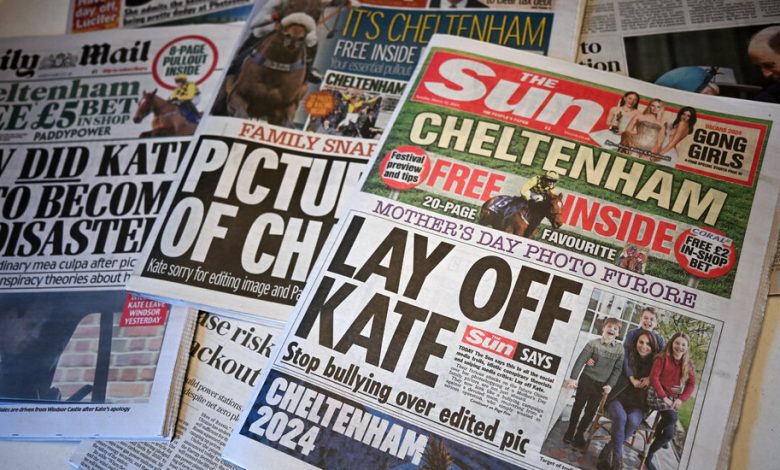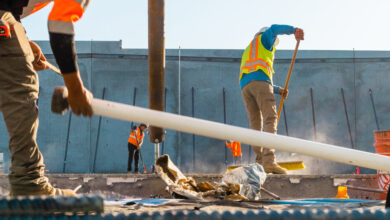For Once, the British Tabloids Held Back. It Didn’t Make a Difference.

Days before Catherine, Princess of Wales, ended the wild speculation over her absence from public life by revealing that she is battling cancer, a top royal journalist appeared on British national television and delivered a stark message to the media: Knock it off.
“I think everyone just needs to give her a little bit of space,” Roya Nikkhah, royal editor of The Sunday Times of London, said on “Good Morning Britain.” “This is a woman who’s been in the public eye since she was in her early 20s, and she’s barely put her foot wrong. I think we should all lay off a little bit.”
The idea of an editor at a Rupert Murdoch-owned publication scolding other journalists for nosiness may strike some as a bit rich. After all, London newspapers pioneered the celebri-fication of the House of Windsor, famously hounding the previous Princess of Wales, Diana, and exposing the most microscopic details of her and her children’s private lives.
In the case of Catherine’s recent whereabouts, however, the British press largely showed an unusual level of restraint.
Yes, they reported on the frenzy of rumors, but mostly in the guise of scolding social media users for spreading conspiracies. When the American outlet TMZ obtained a paparazzi photo of Catherine and her mother in a car, the London papers unanimously declined to publish it.
And once Catherine’s cancer was revealed, British media were quick to assail their counterparts across the pond, accusing American tabloids and media figures of recklessly amplifying the more outlandish rumors. (British libel laws, it’s worth noting, are far stricter than those in the United States.)Piers Morgan, a former tabloid editor himself, demanded that Stephen Colbert apologize for joking about rumors that Prince William was having an affair.





